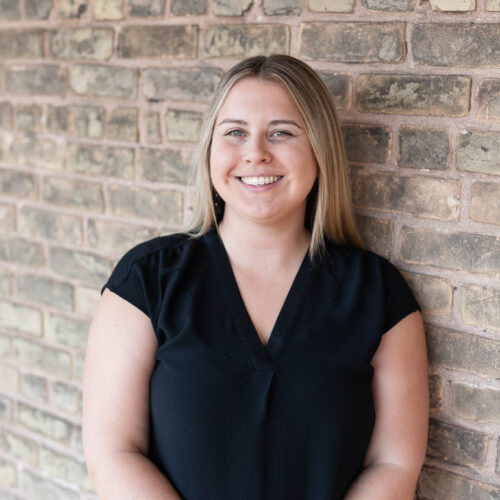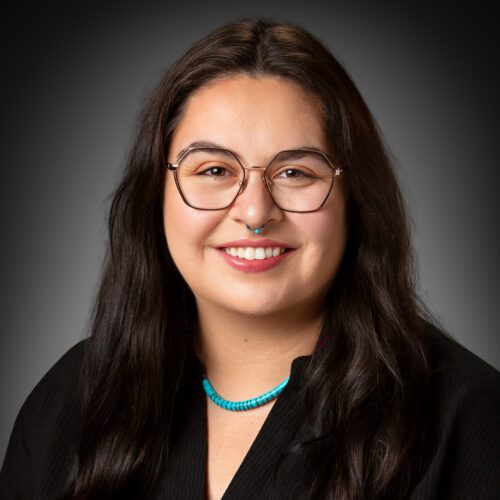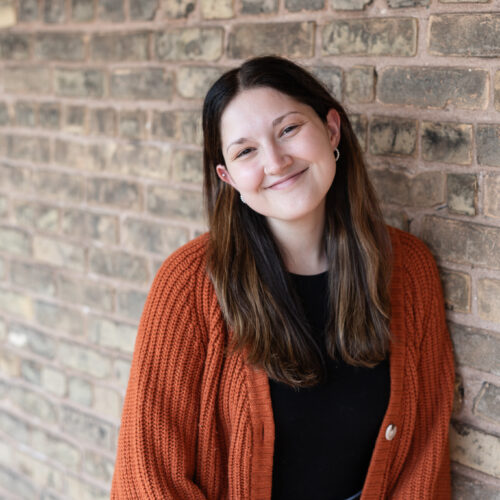About Advanced Forensic Interview Training
Advanced Forensic trainings are meant for experienced forensic interviews who are looking to expand and deepen their knowledge while getting to discuss with other trained professionals.
Courses
ChildFirst® Expanded Forensic Interview Process (ChildFirst® EX)
Based on the nationally-recognized ChildFirst® Forensic Interview Protocol, this 2.5-day training provides a purposeful and legally defensible process for conducting expanded forensic interviews with children who may not succeed in a standard, single interview due to trauma, developmental, special needs or other complicating issues, including poly-victimization.
This training is designed for investigative teams of law enforcement officers, social workers, prosecutors, child protection attorney, and forensic interviewers.
This training will teach the expanded interview process as well as research supporting multiple, non-duplicative interviews with child victims and witnesses.
Participants must have completed a nationally recognized basic child forensic interview training.
ChildFirst® Refresher Training
-
Review of ChildFirst® and recent updates to the protocol
-
Practical applications and logistical processes
-
Skills needed to successfully complete or monitor a forensic interview
-
Updates to research in the field of child abuse/maltreatment and forensic interviewing
Webinars:
FIRST Response: Interviewing Children on the Scene
Protecting children from child abuse requires that everyone understand how to recognize, respond, and report any form of maltreatment a child may experience. FIRST will give you and your community the tools necessary to better protect kids. This training goes beyond recognizing types of maltreatment. The training combines both lecture and practicum, giving participants the tools and practical skills to better communicate with a child during the initial outcry of maltreatment. This training teaches participants how to listen to children who have experienced maltreatment and gather the correct information needed in a way that puts the child’s needs first.
Interviewing and Working with Queer Youth: Understanding the Cultural Context
This session will cover the dynamics of interviewing and working with queer youth who are potential victims of violence or abuse. Topics discussed will include dynamics of abuse and violence in the queer community, barriers to service, historical context and power dynamics, risk factors, and suggestions for building inclusion into your practice, both on the individual level when interviewing queer youth, as well as the organizational level when working with queer youth in general.
Interviewing Individuals with Disabilities
This session will explore how interviewing children and adults with disabilities differs from interviewing individuals without disabilities and will review best practices. Attendees will learn how to adjust the physical space for individuals with physical, mental, and/or developmental disabilities, as well as how to adjust their interview question structure and phrasing. This session will begin with an overview of best practices surrounding working with individuals with disabilities in general. It will then dive into forensic interviewing best practices and applicable research on interviewing children and adults with disabilities.
Media and Pop Culture: How Our Culture Impacts Perceptions of Child Abuse and Maltreatment
This session will examine examples in our media, pop culture, and entertainment industry related to child abuse and maltreatment. These examples will highlight how public perception of child abuse is impacted and often normalized in ways we may not always realize.
Recantation: Why Does it Happen and What Do We Do?
This presentation will discuss the dynamics behind recantations of child abuse disclosures, both in forensic interviews and outside of forensic interviews. This session will review frequently asked questions about recantation, such as “why does recantation happen?”, “can we avoid recantation?” “how do we minimize the likelihood of recantation”, and “what do we do now?”. Participants will leave with an understanding of recantation and child abuse dynamics, follow-up recantation forensic interviews, and next steps for investigative team members in child abuse cases that involve full and partial recantations/retractions of children’s statements.
Understanding and Overcoming Complex Interview Dynamics
This presentation will discuss the unique and individual needs of youth in the forensic interview. Participants will be able to identify recommendations and considerations of multiple intersectionalities that can present in the forensic interview such as: Children with Disabilities, Diverse and Cultural Backgrounds, LGBTQIA+ Youth, and Children with no Non-offending Caregiver.
This training examines how children remember and recall experiences, with a focus on applying research to investigative interviews with children. Participants will learn how factors… Learn More
Based on the nationally-recognized ChildFirst® Forensic Interview Protocol, this 2.5-day training provides a purposeful and legally defensible process for conducting expanded forensic interviews with… Learn More
This 1-day training is an opportunity to revisit the ChildFirst® forensic interview protocol. Participants will focus on: Review of ChildFirst® and recent updates to the… Learn More
This session will explore how interviewing children with disabilities differs from interviewing children without disabilities, and will review best practices. Attendees will learn how to… Learn More
This 1-day training is an opportunity to revisit the ChildFirst® forensic interview protocol. Participants will focus on: Review of ChildFirst® and recent updates to the… Learn More
In this webinar, participants will learn about the importance of being able to recognize body language cues in forensic interviews and to what extent they… Learn More
Based on the nationally-recognized ChildFirst® Forensic Interview Protocol, this 2.5-day training provides a purposeful and legally defensible process for conducting expanded forensic interviews with… Learn More
Meet Your Trainers




